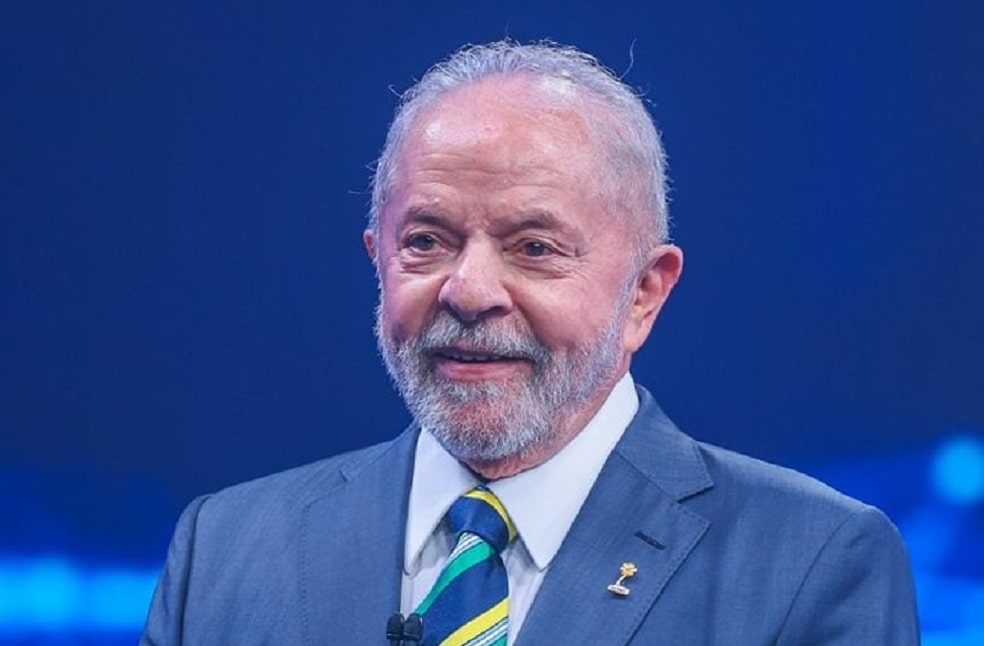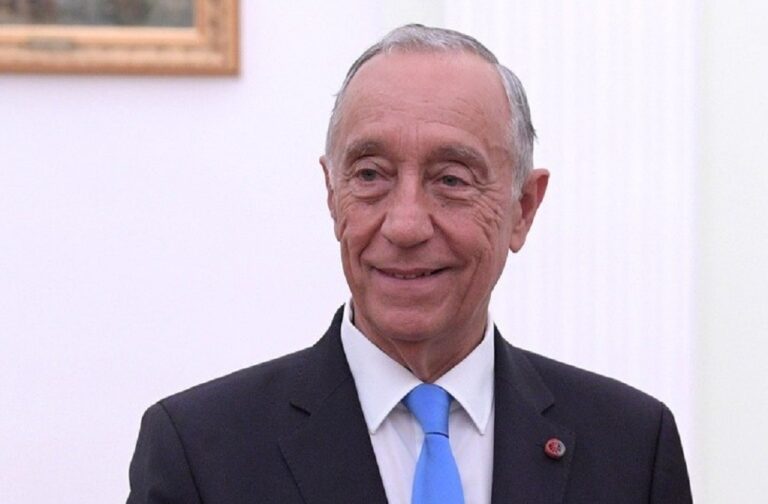Portugal: Portugal’s President Mr. Marcelo Rebelo de Sousa has stated that his country should take responsibility and apologise for its role in the transatlantic slave trade. This is the first time a Portuguese leader has suggested offering a national apology.
From the 15th to the 19th centuries, an estimated 6 million African individuals were abducted by Portuguese ships, forcibly transported across the Atlantic, and subsequently sold into slavery to work on Brazilian plantations.
Mr. Rebelo de Sousa addressed this issue during the annual commemoration of the 1974 “Carnation” revolution, stressing that the country should go beyond a mere apology, though he did not provide any specifics on how to do so.
“Apologising is sometimes the easiest thing to do: you apologise, turn your back, and the job is done. Portugal should “assume responsibility” for its past to build a better future,” the President remarked.
Mr. Rebelo de Sousa made his remarks after Brazilian President Mr. Luiz Inacio Lula da Silva, who was in Portugal on his first visit to Europe since assuming office, addressed the Portuguese parliament. Brazil gained independence from Portugal in 1822.

The President further noted that the colonisation of Brazil also had positive factors, such as the spread of Portuguese language and culture.
“(But) on the bad side, the exploitation of Indigenous people, slavery, the sacrifice of the interests of Brazil and Brazilians,” Mr. Rebelo de Sousa added.
Brazil’s human rights minister Mr. Silvio Almeida, stated that Mr. Rebelo de Sousa had taken an “extremely important” step.
“We continue to suffer in Brazil the effects of a legacy of slavery. Recognising the exploitation of millions of enslaved people for more than 300 years is a step towards moving towards a less unequal society,” Mr. Almeida remarked in a statement.



